Britain Cartoon
- caricature /
- Britain Cartoon
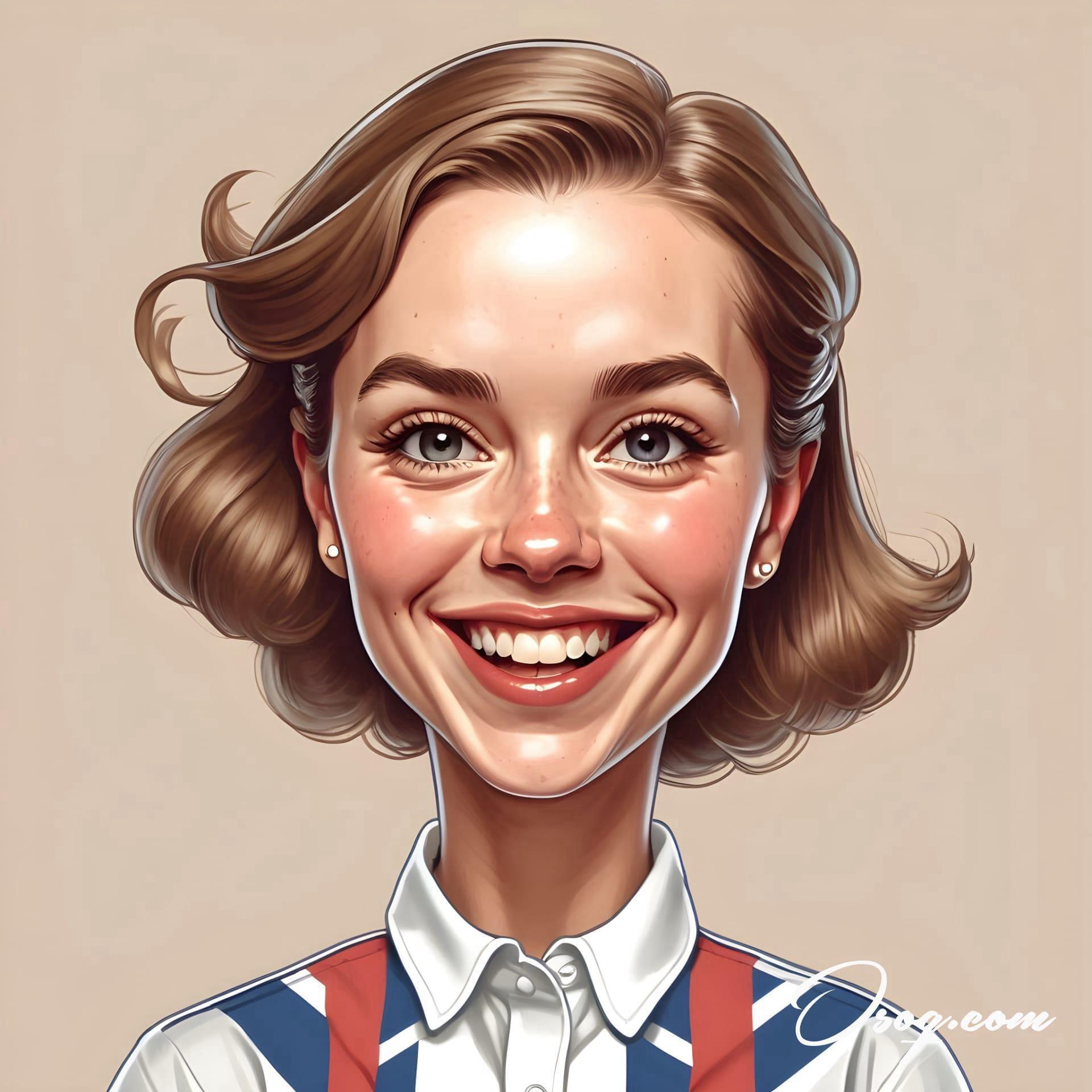
Did you know that the earliest examples of what could be considered Britain cartoons date back to the Middle Ages? These were often found in the margins of manuscripts, humorously illustrating everyday life or fantastical creatures.
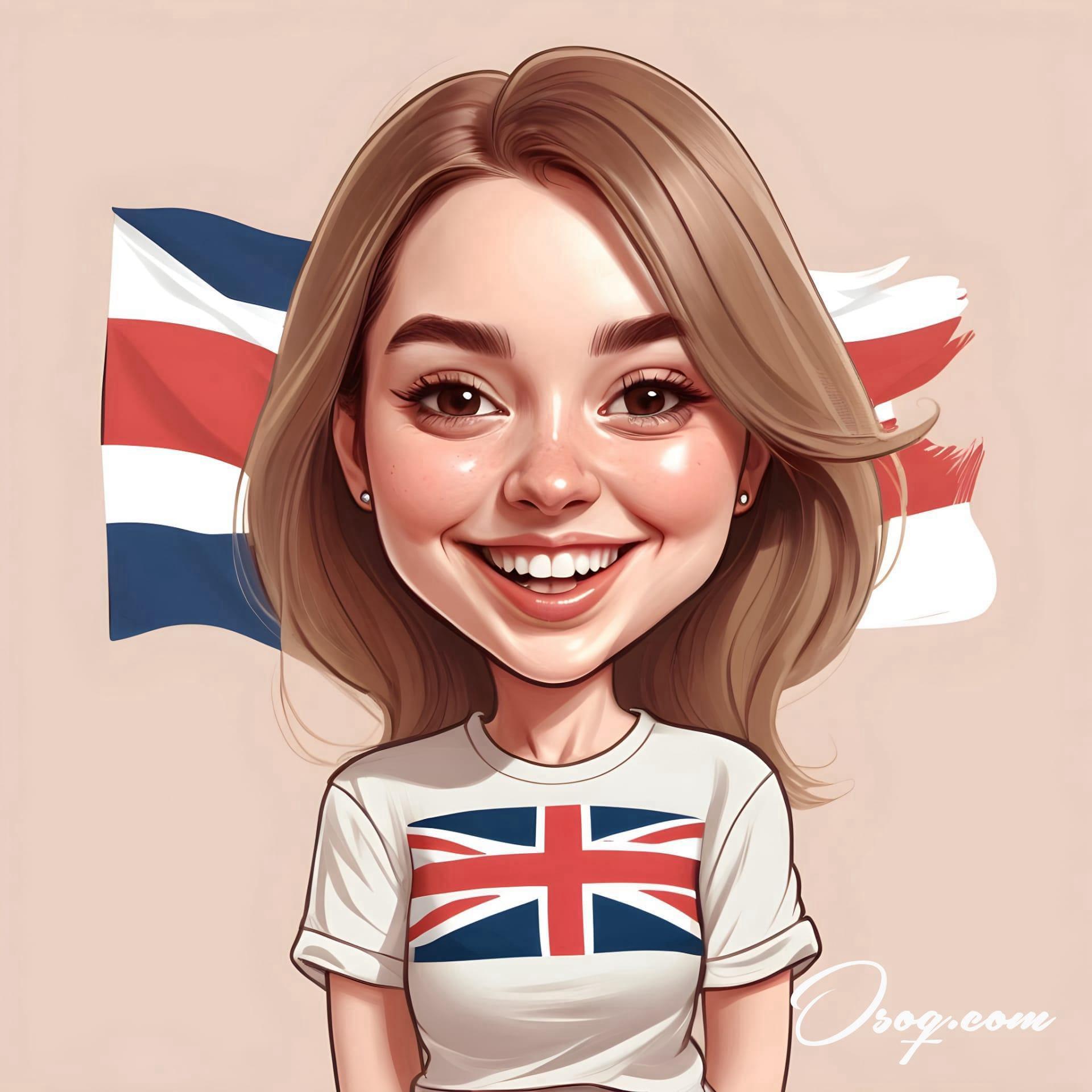
The 18th century saw a surge in political satire, with Britain Cartoon becoming a powerful tool for social commentary. Artists like William Hogarth used their work to critique society and politics, laying the groundwork for modern editorial cartoons.
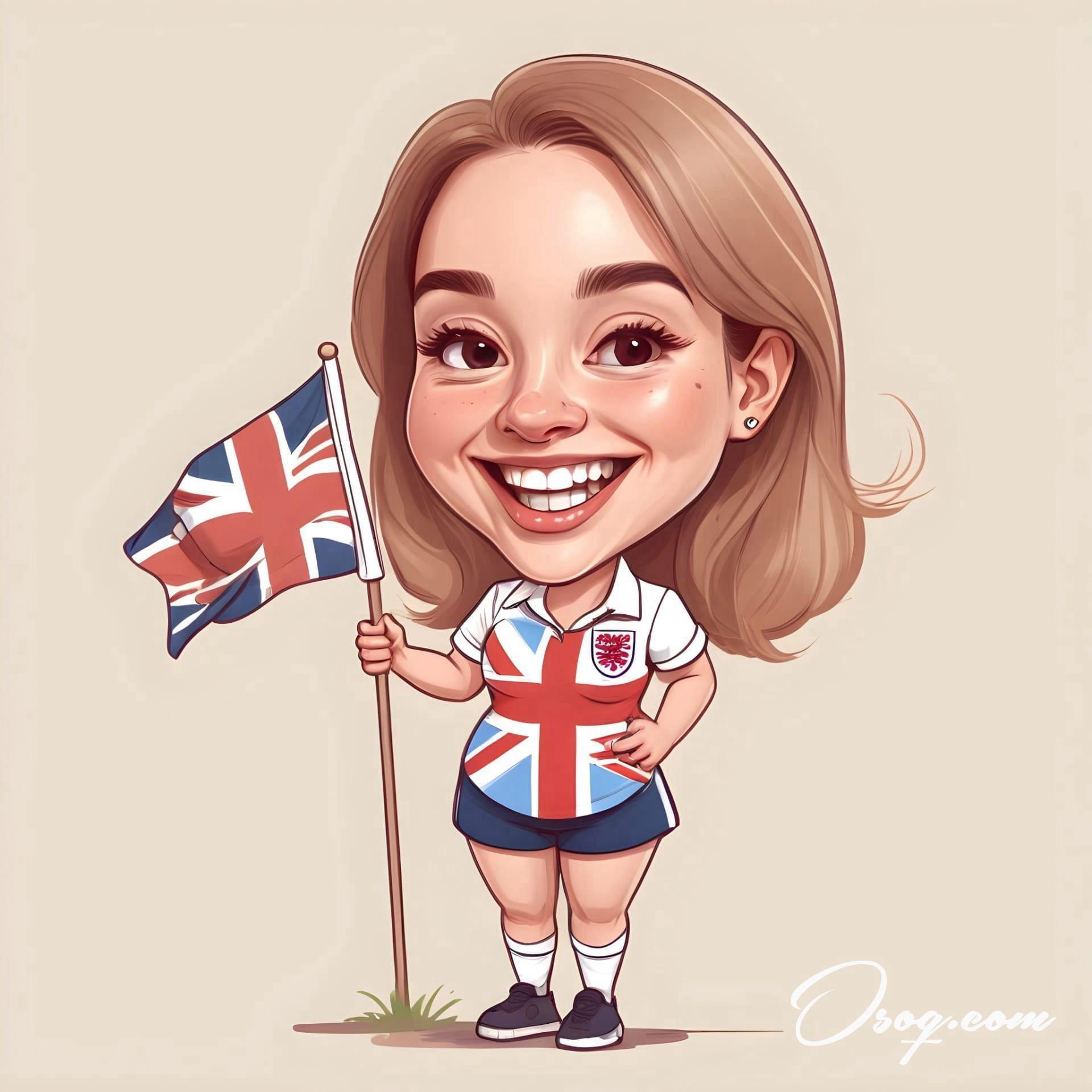
The golden age of British satirical cartoons came in the 19th century, with publications like Punch magazine leading the way. Its cartoons poked fun at everything from high society to political scandals, all with a distinctly British wit.
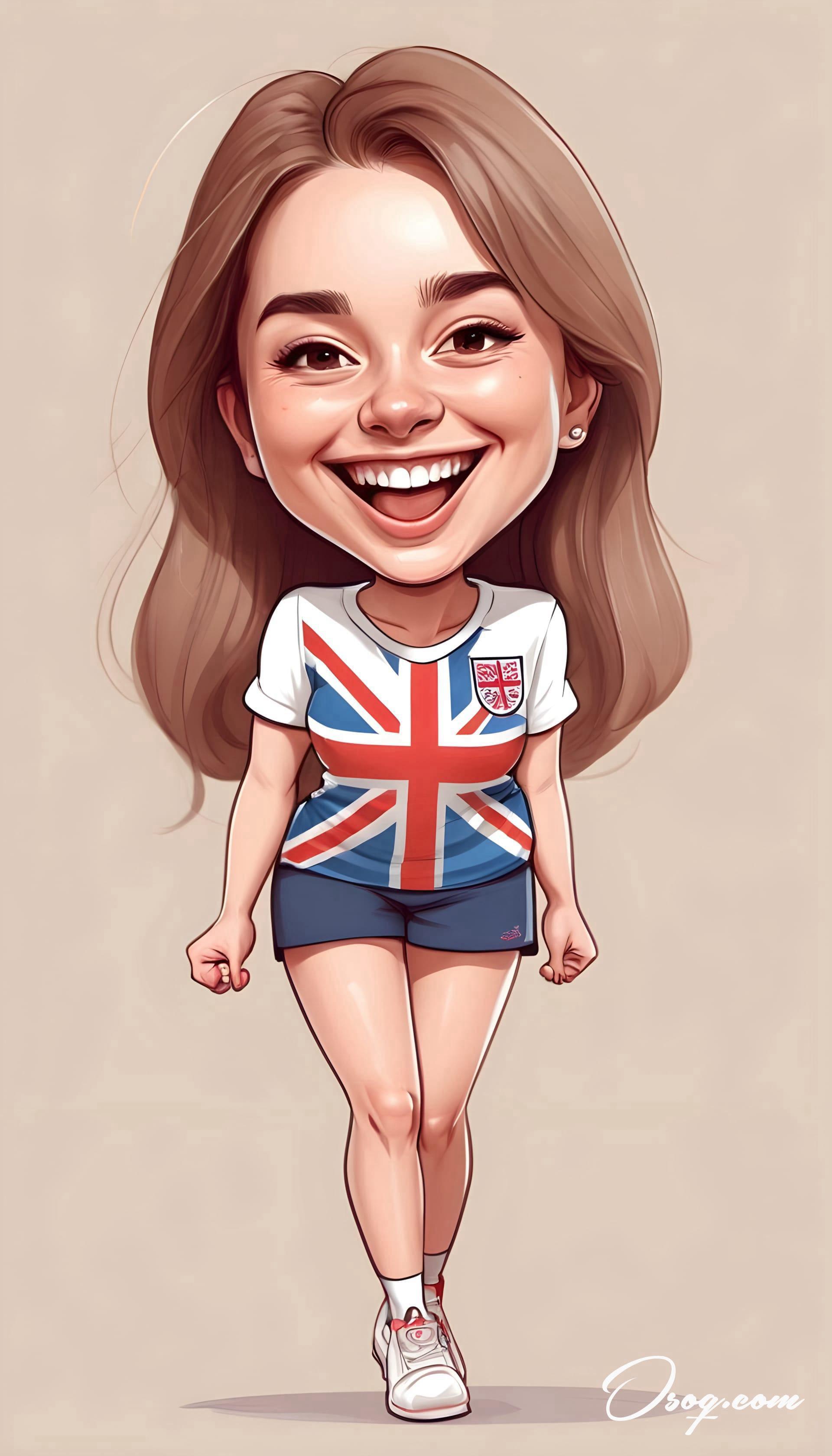
During World War II, Britain Cartoon served a different purpose, boosting morale and providing commentary on the war effort. Iconic characters and scenes were created to encourage the public and satirize the enemy.
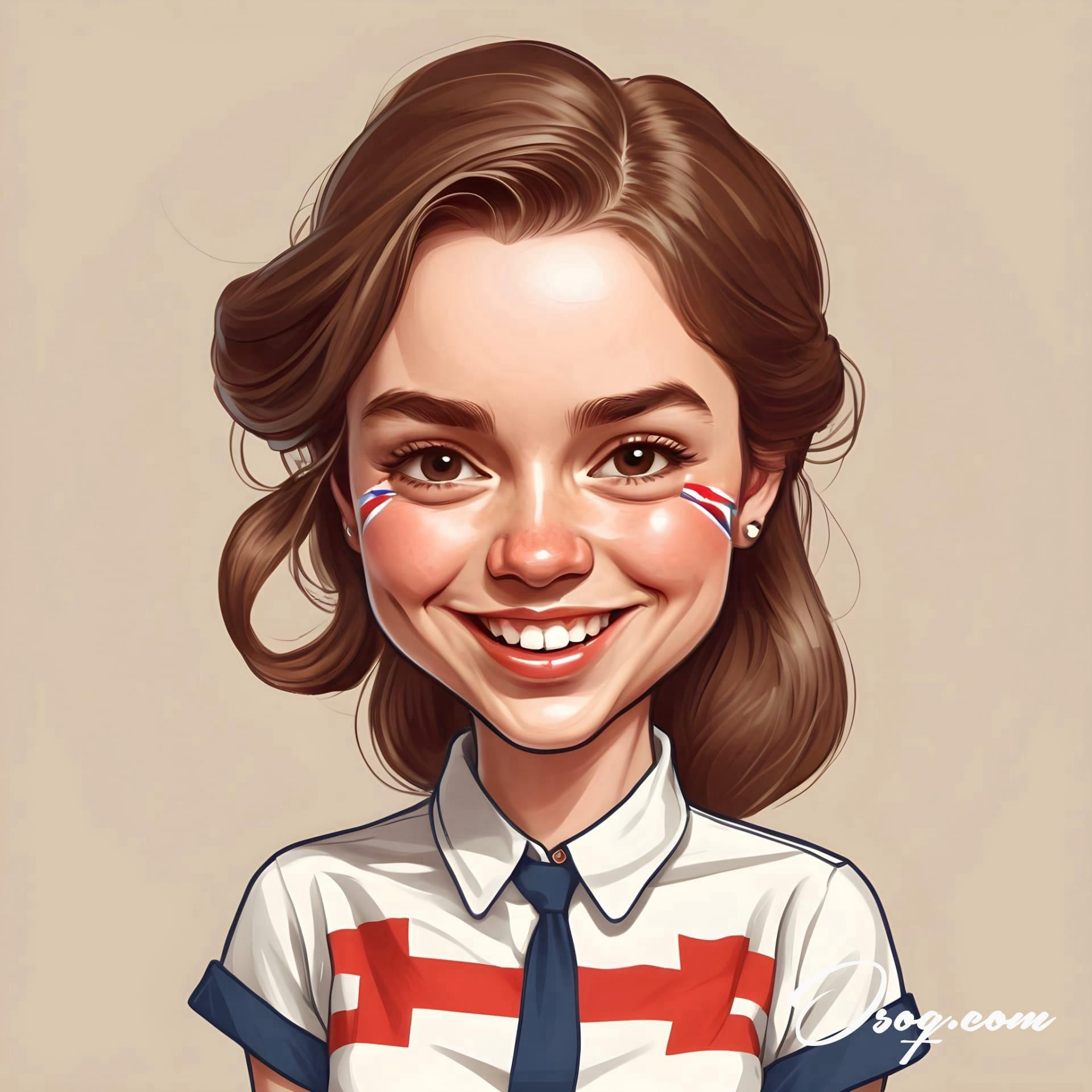
Britain has also made significant contributions to the evolution of comic strips and books. Classics like "The Beano" and "The Dandy" have been beloved by generations of children, featuring characters that have become cultural icons.
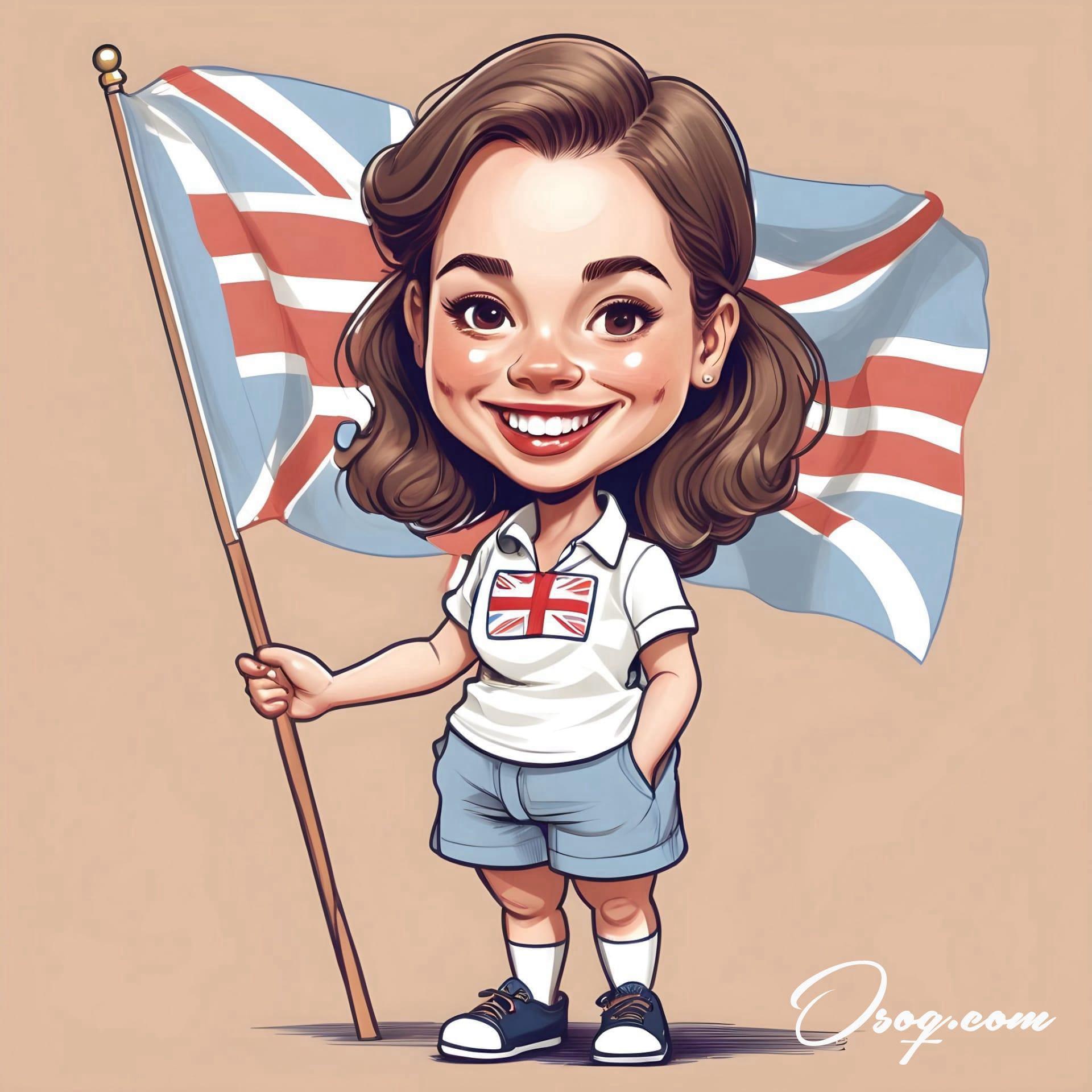
In recent years, British cartoons and animation have gained international acclaim, with shows like "Peppa Pig" and "Simon's Cat" finding audiences worldwide. Their unique charm and humor reflect Britain's ongoing influence in the animation industry.
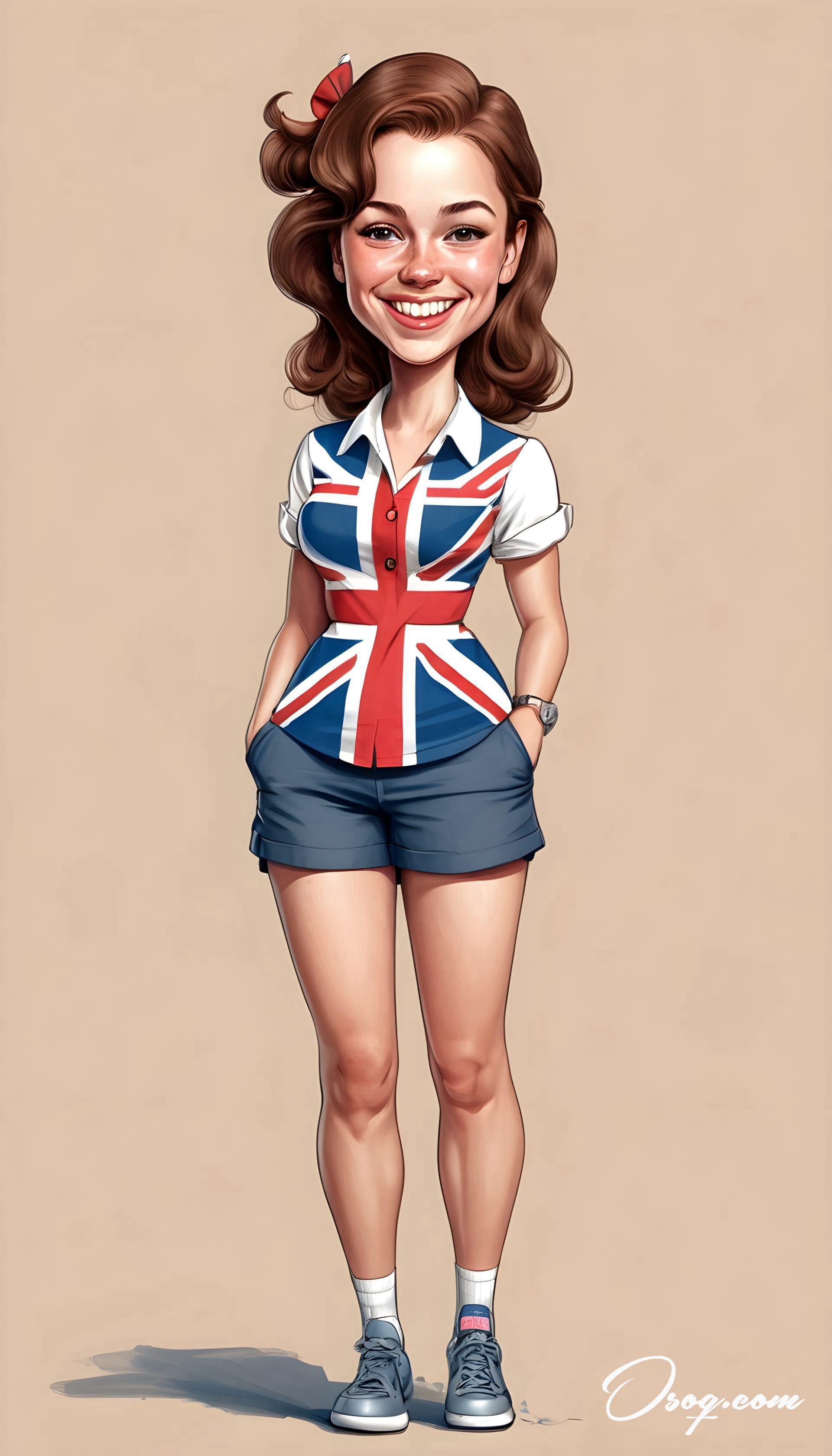
The British penchant for dry, understated humor is evident in its cartoons, which often rely on subtle visual cues and clever wordplay. This style has influenced cartoonists around the world.
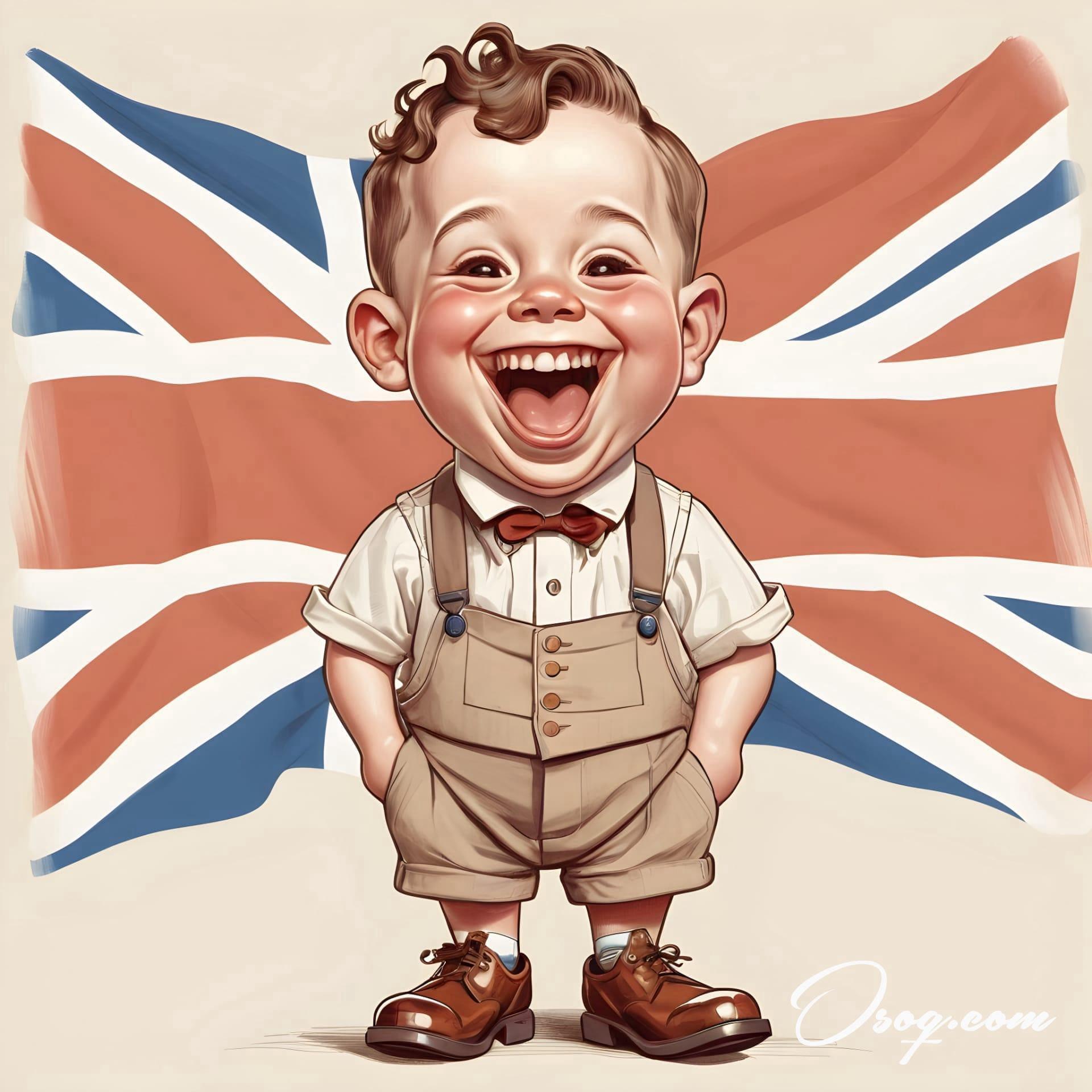
Britain's contribution to political and editorial cartoons remains strong, with cartoonists regularly featured in national newspapers and magazines. Their work provides sharp insights into current events and political figures.
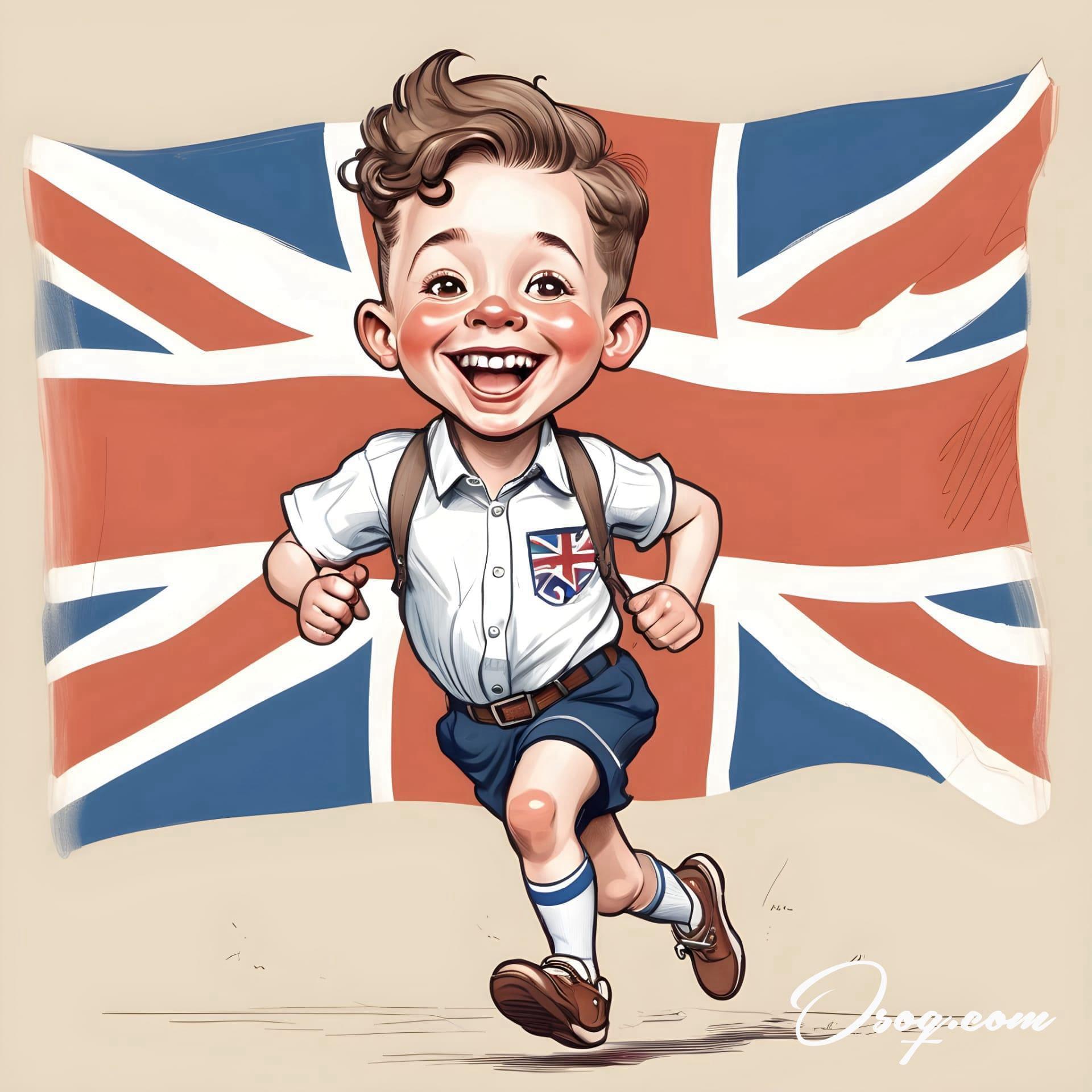
The tradition of caricature is another vital aspect of Britain Cartoon, with its roots in both political satire and celebrity culture. Artists like Gerald Scarfe and Ralph Steadman have become famous for their exaggerated and stylized portrayals of figures from all walks of life.
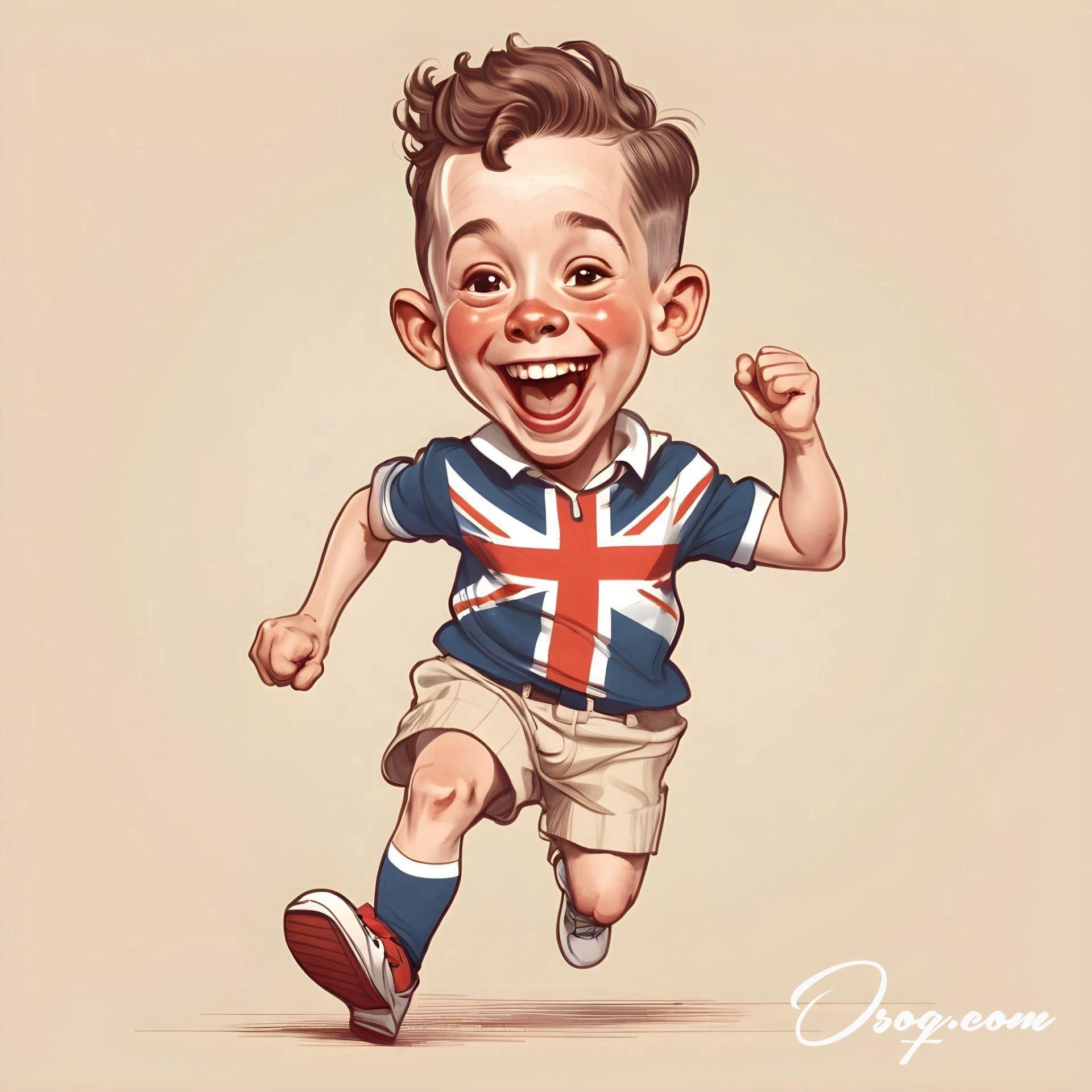
Animation in the UK has a rich history, with studios producing critically acclaimed films and series that often incorporate elements of traditional Britain Cartoon humor and style.
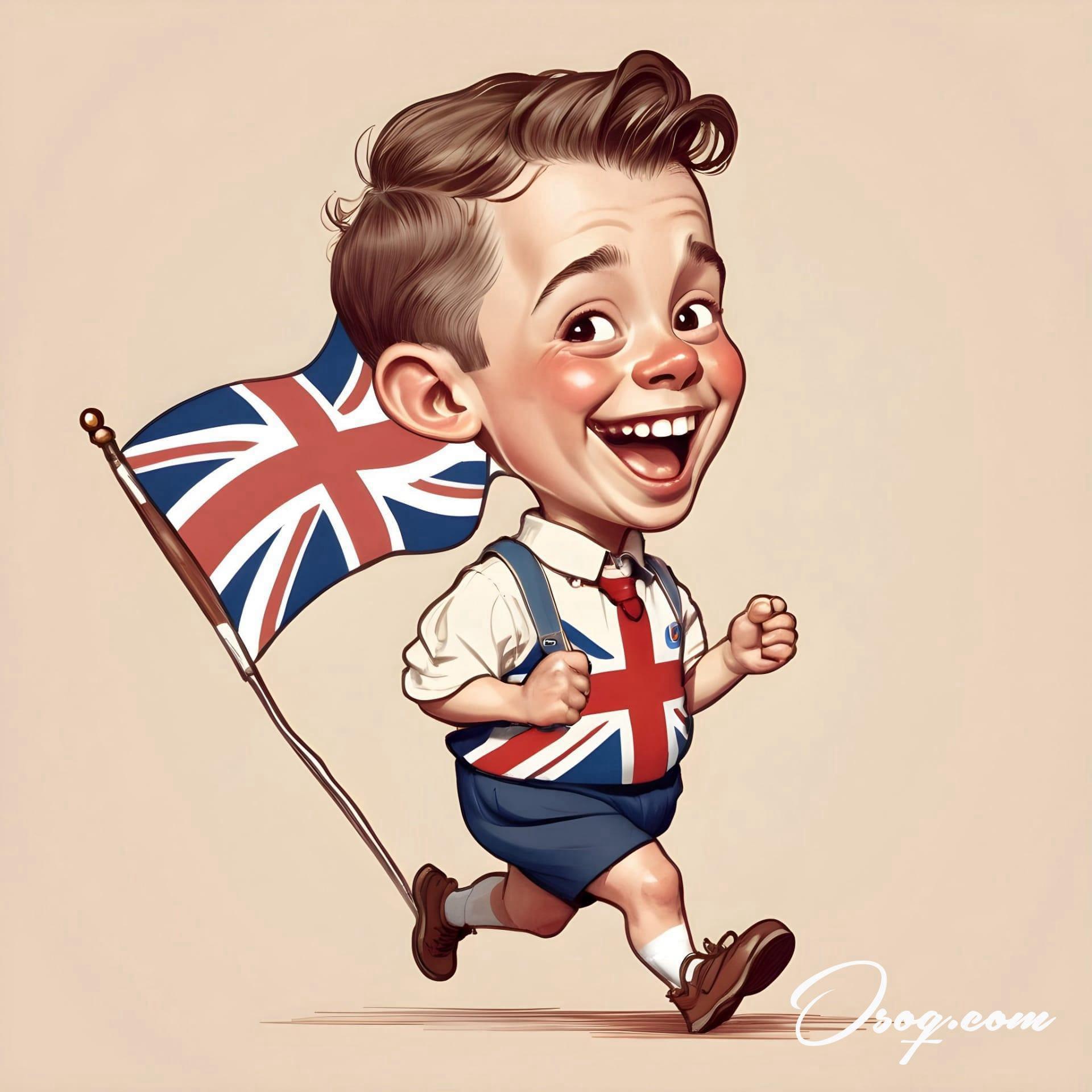
The influence of British cartoons extends into education, with animated series and comics designed to teach history, science, and language in engaging and innovative ways.
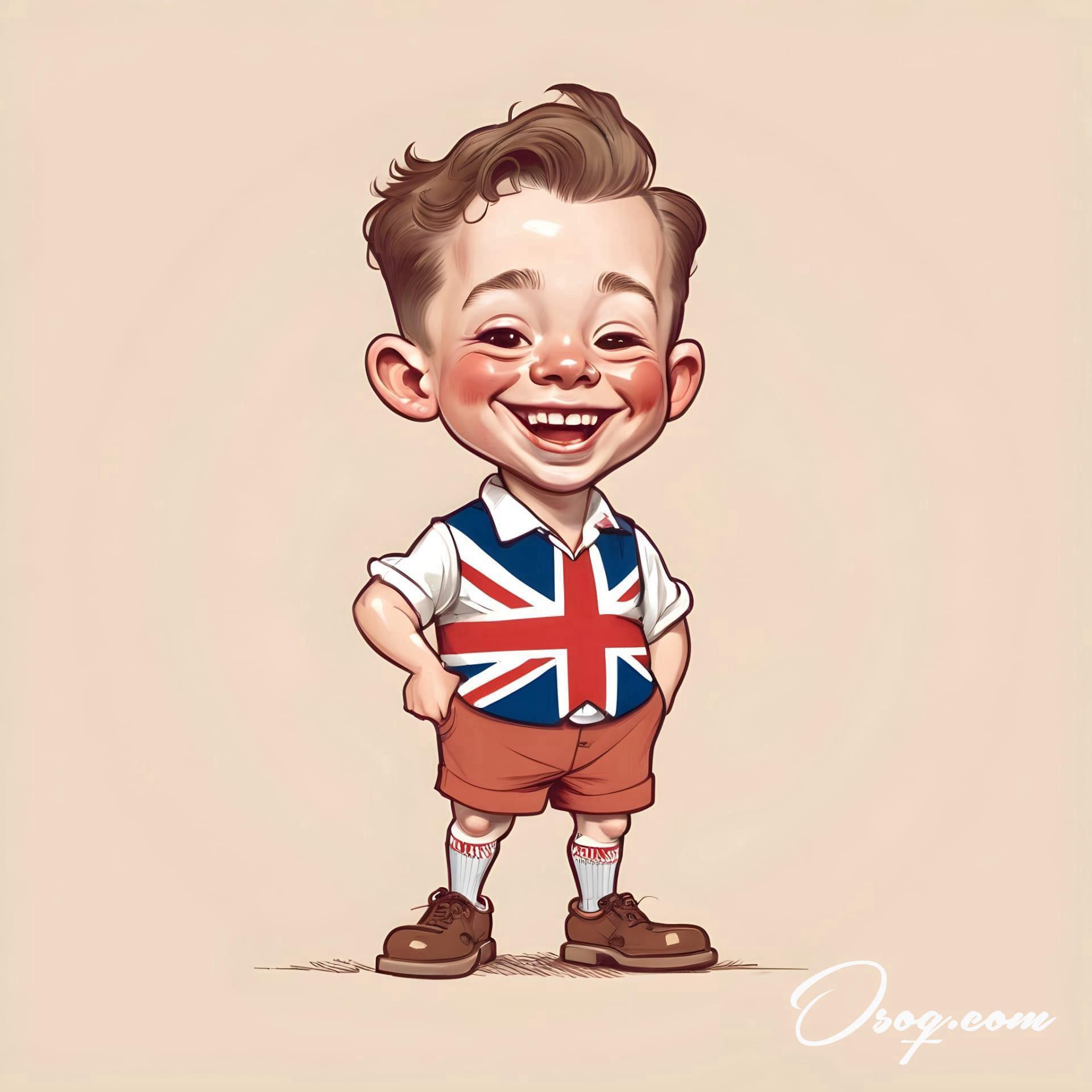
The British Library and other institutions hold extensive collections of historical cartoons, offering invaluable insights into the country's cultural and political history through the lens of humor and satire.
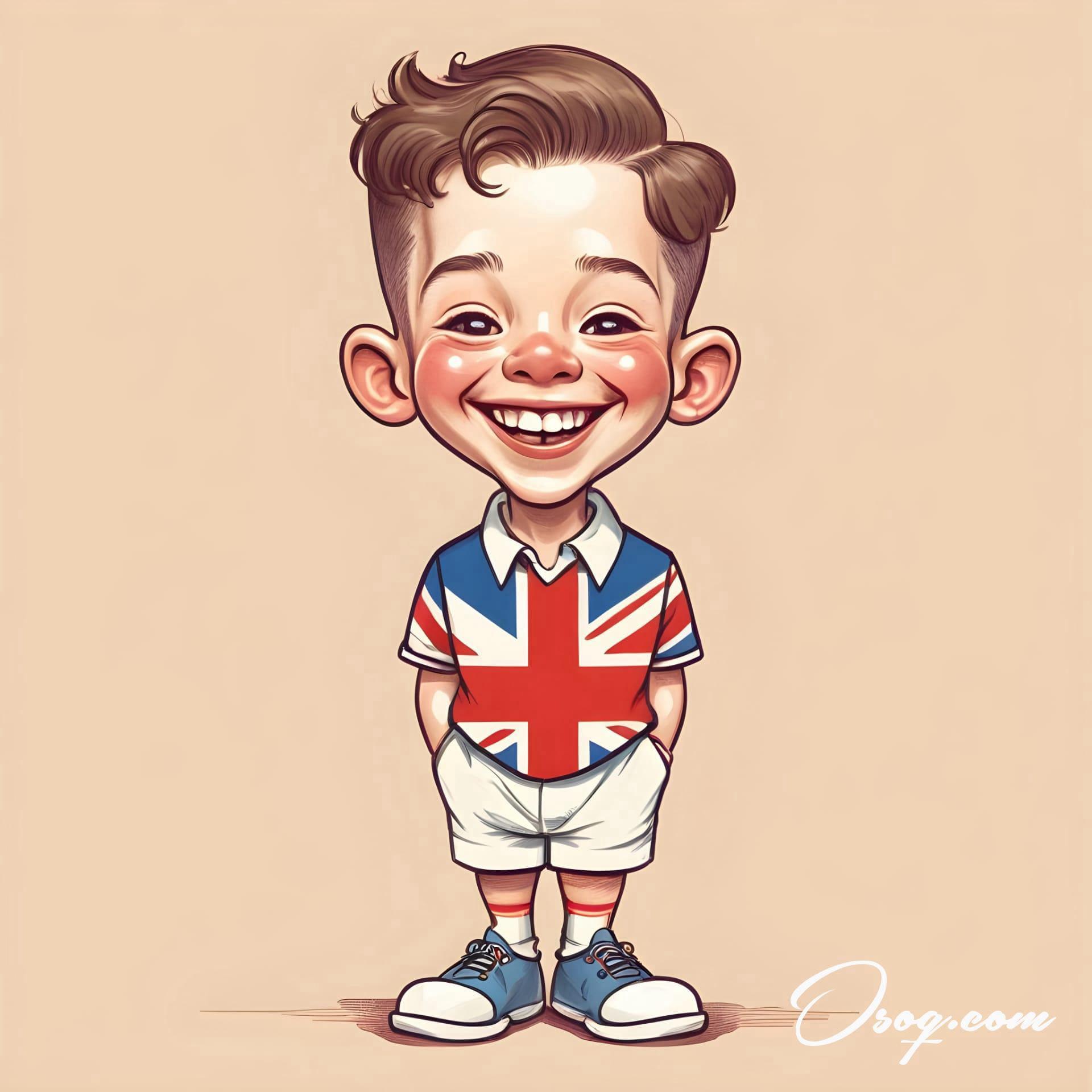
Street art in the UK has also been influenced by cartoon styles, with artists like Banksy incorporating cartoonish elements into their work to convey social and political messages.
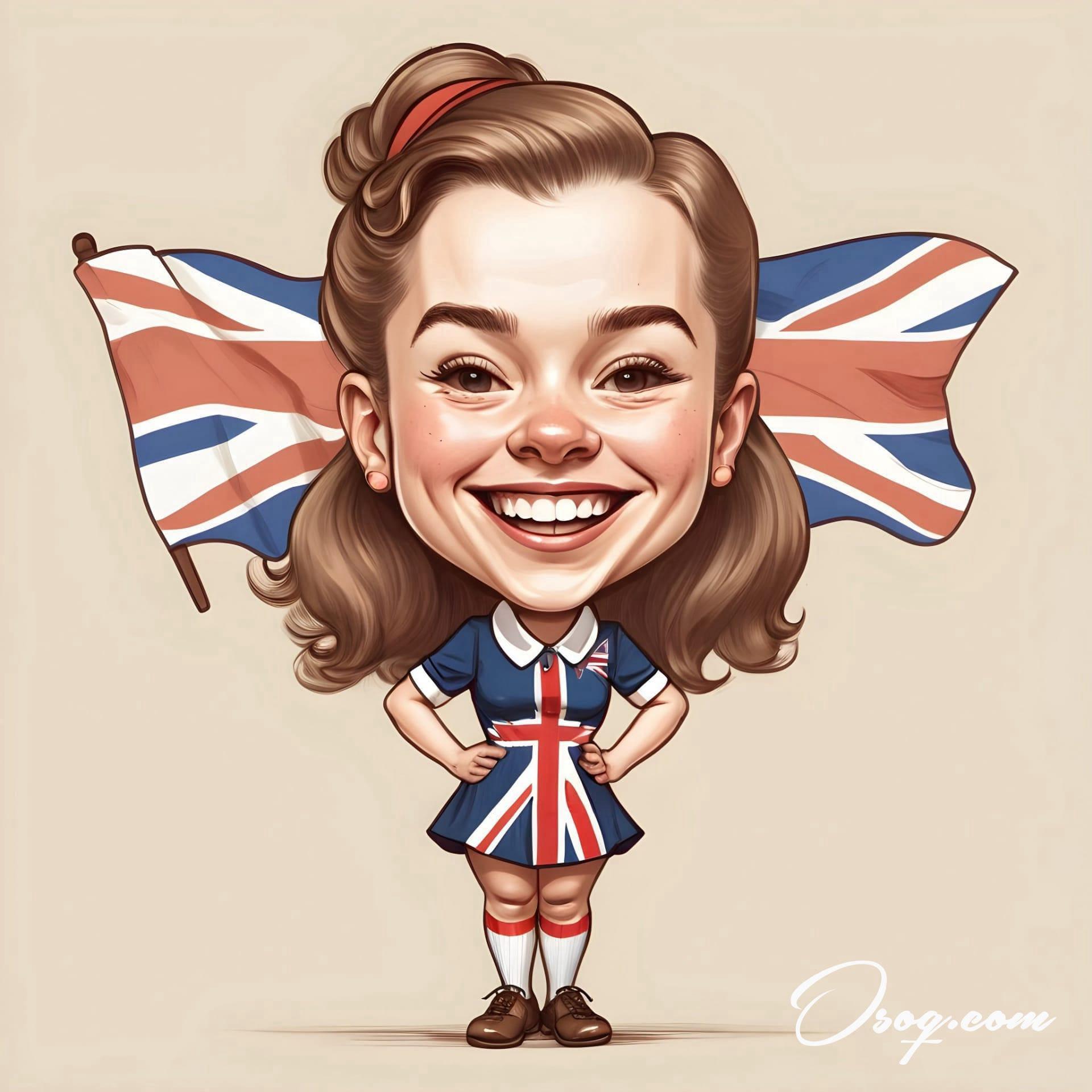
Britain's impact on the global comic industry is significant, with British writers and artists contributing to some of the most popular and critically acclaimed comics and graphic novels.
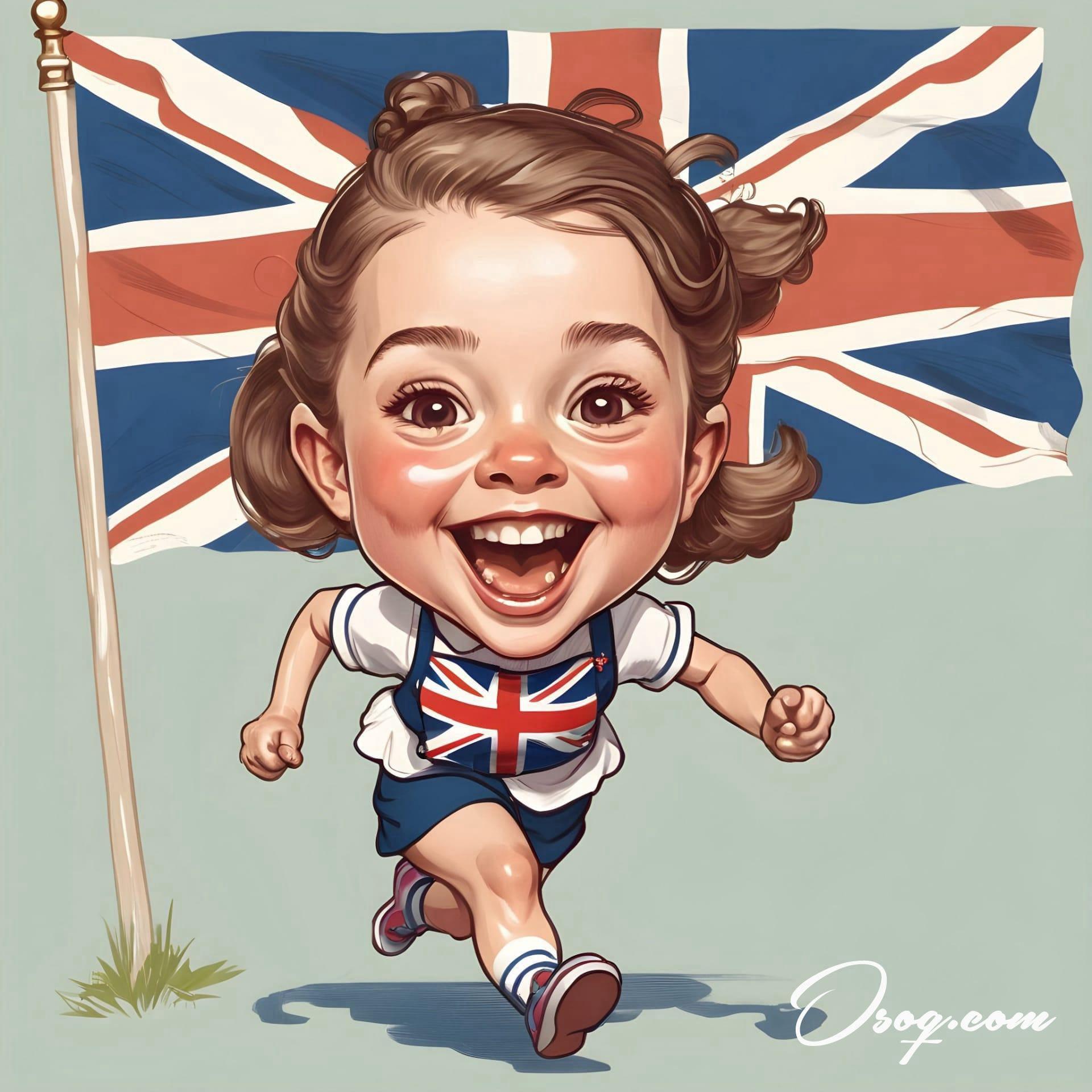
The quirky and eccentric characters often found in British cartoons reflect the diverse and inclusive nature of British society, showcasing a broad range of voices and perspectives.
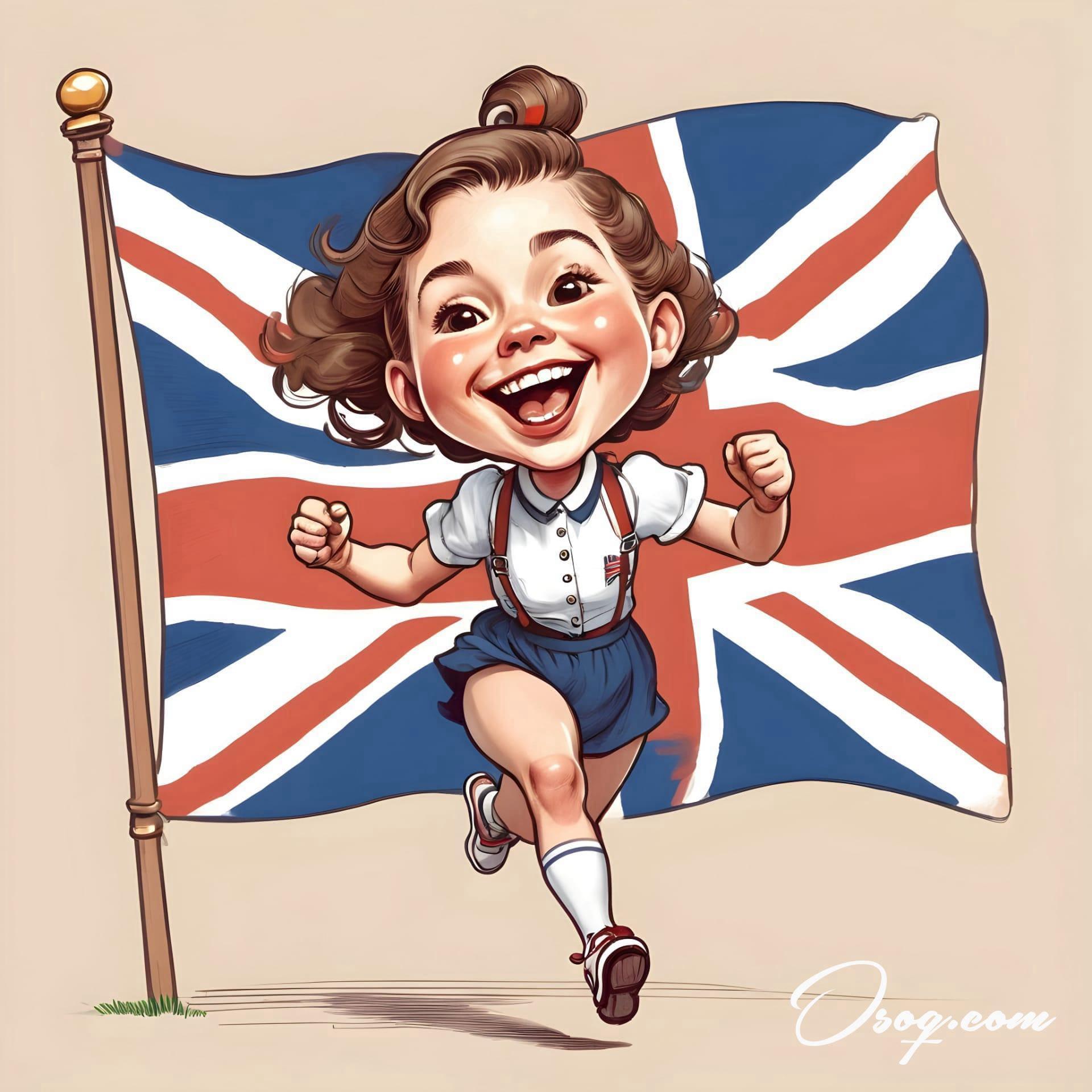
Collecting original cartoon artwork has become a popular hobby in the UK, with auctions and exhibitions dedicated to celebrating the art form's history and cultural significance.
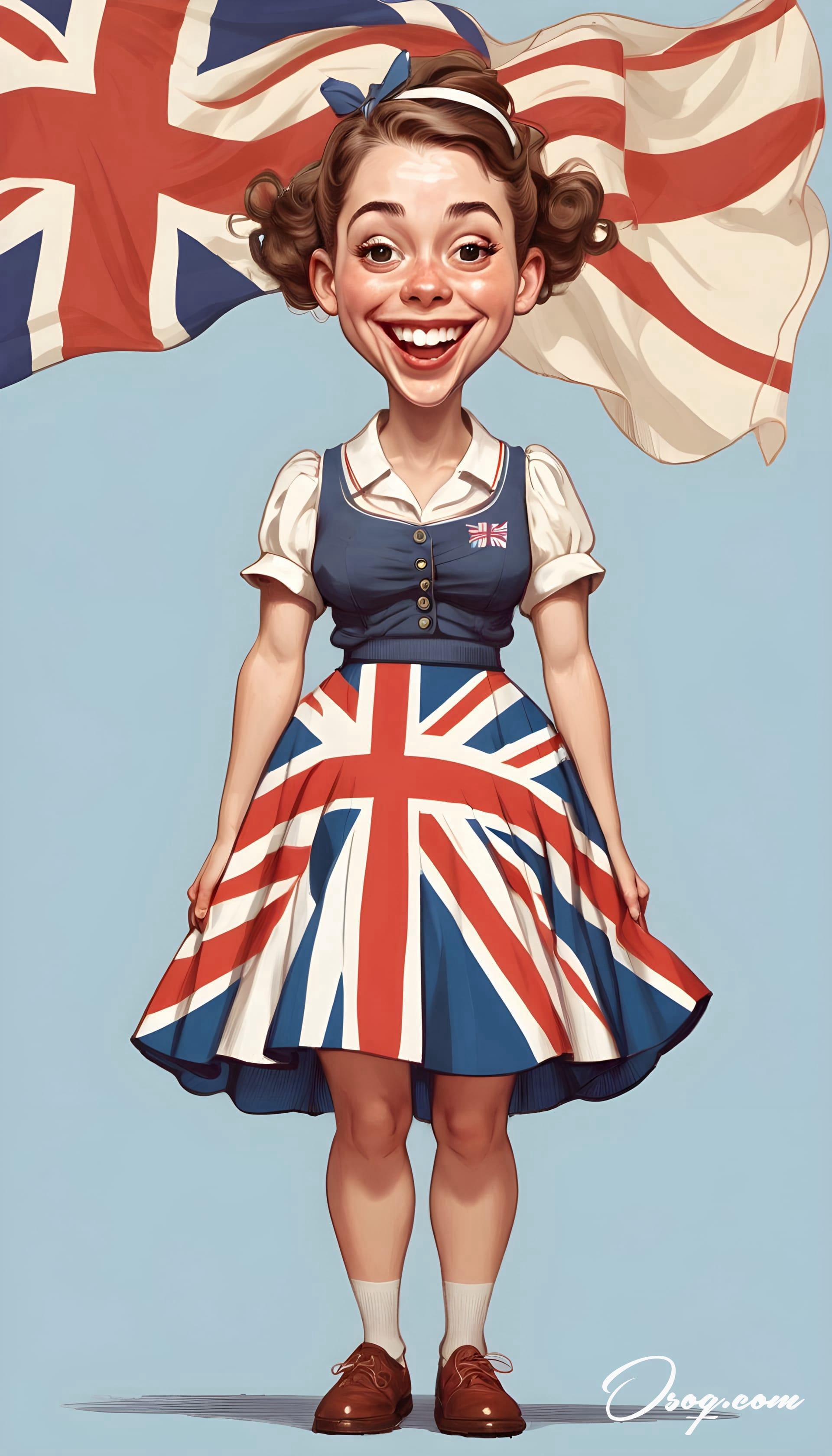
Festivals and conventions dedicated to cartoons and comics, such as the Lakes International Comic Art Festival, provide a platform for both established and emerging talent in the Britain Cartoon scene.
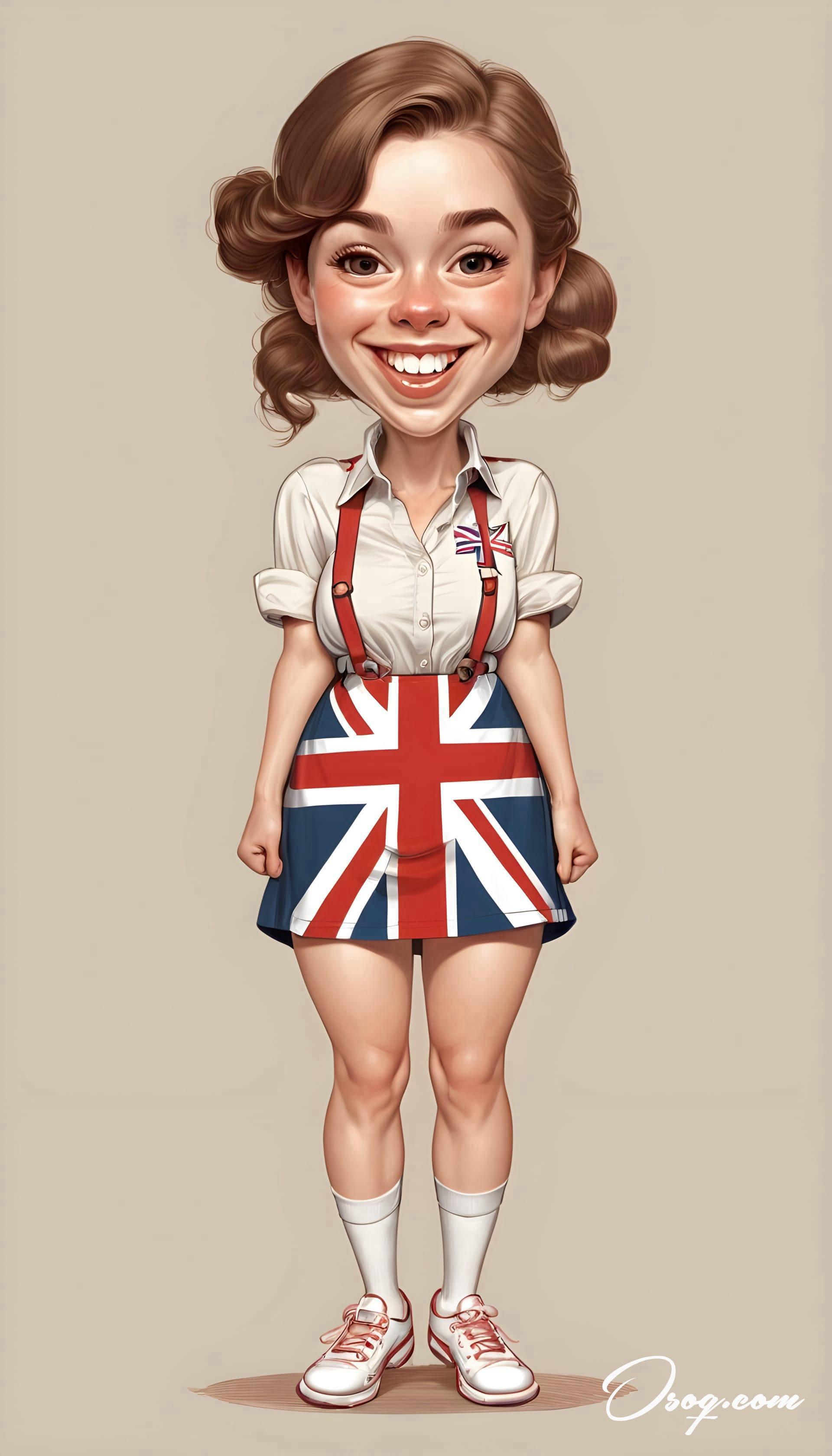
Digital platforms and social media have opened new avenues for British cartoonists, allowing them to reach global audiences with webcomics and animated shorts.
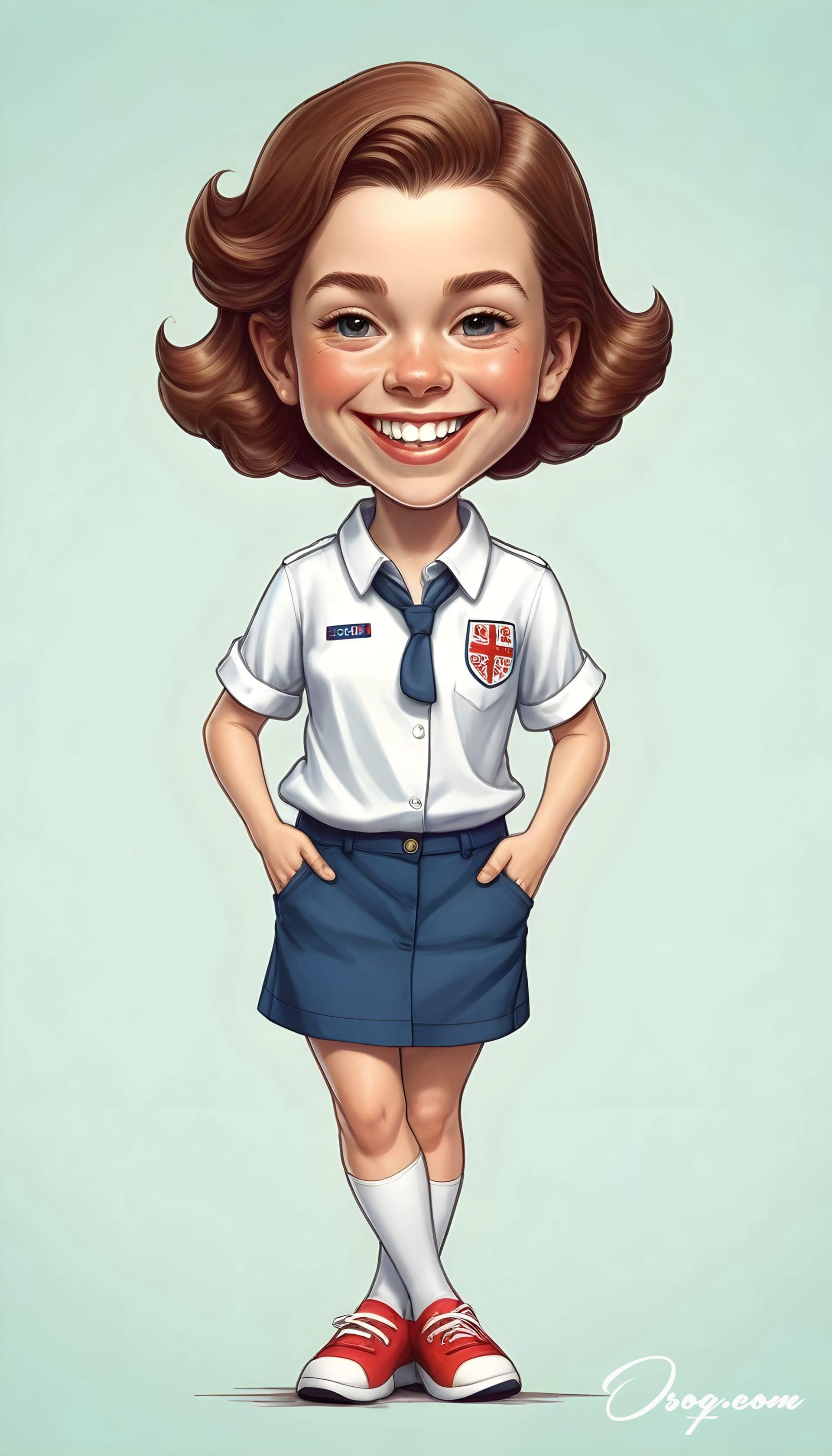
The humor found in Britain Cartoon often contains layers of irony and satire, requiring readers to engage with the artwork on a deeper level to fully appreciate the nuances.
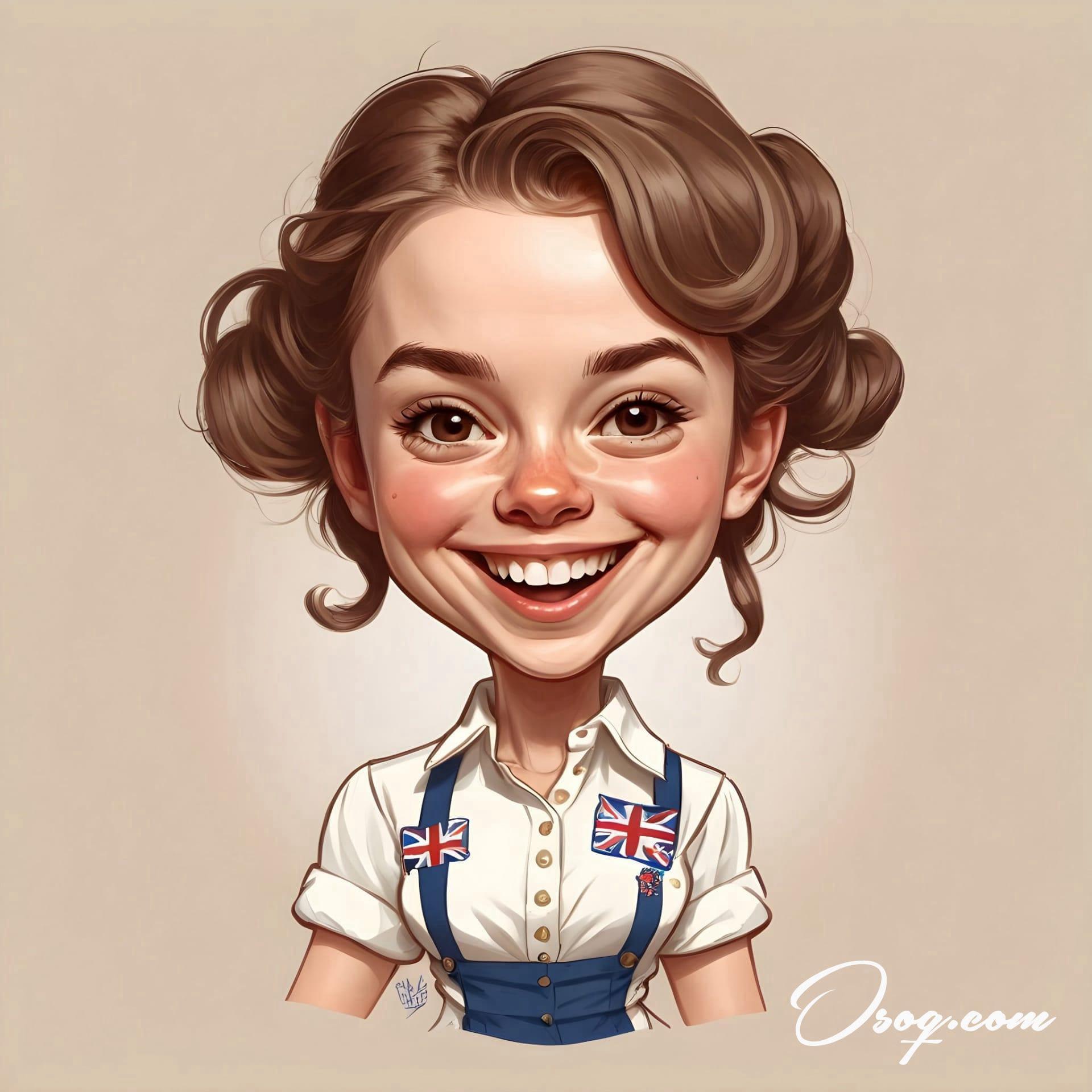
Educational programs and workshops aimed at nurturing new talent are essential for the continuation and evolution of the Britain Cartoon tradition, ensuring that the art form remains vibrant and relevant for future generations.